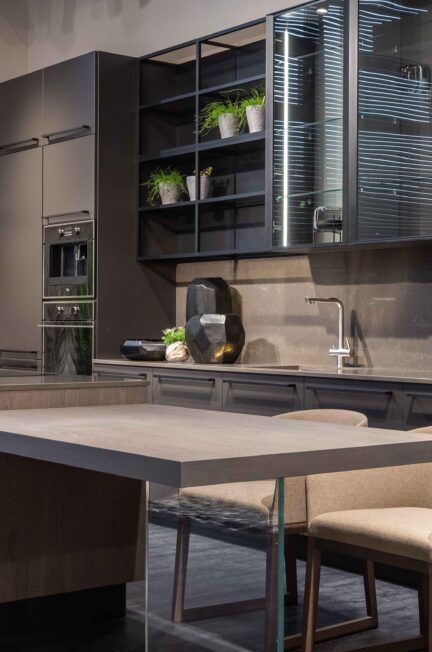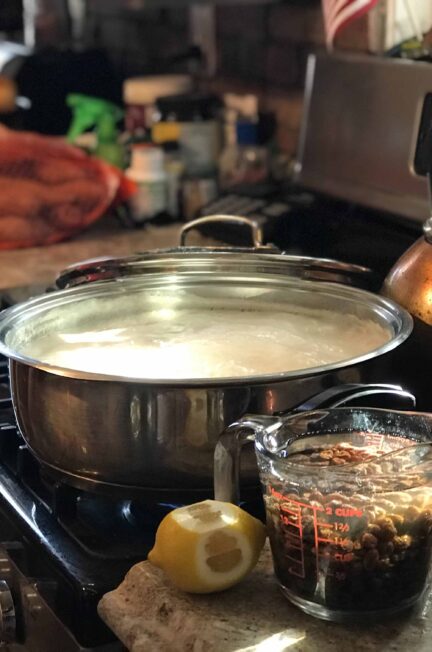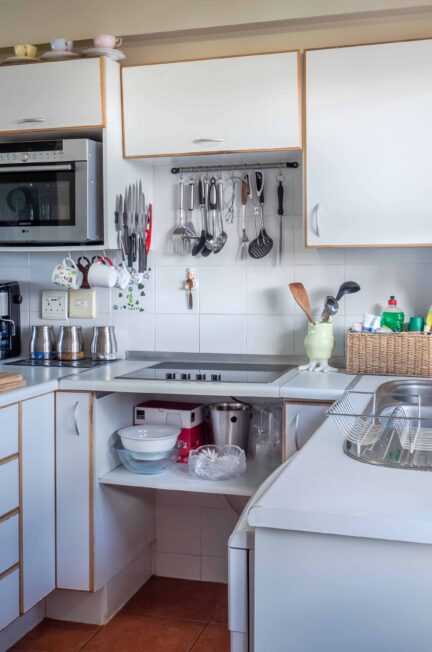Every home’s heart is the kitchen, and kitchen appliances are essential to making it a practical and effective room. These brilliant inventions have had a big impact on how we prepare food, store it, and uphold our culinary standards.
What Are Kitchen Appliances?
We’ll explore the world of kitchen appliances in this blog post, learning about their development over time and the crucial role they play in contemporary cooking.
The Evolution of Kitchen Appliances
Kitchen appliances have undergone a remarkable evolution from primitive hand tools to cutting-edge technology. Simple appliances like hand-cranked mixers and wood-burning stoves ruled in kitchens in the past. However, the invention of electric appliances like refrigerators, ovens, and blenders brought about an exciting development in the 20th century.
Technological developments increased productivity, comfort, and safety, bringing in an era of culinary mastery. Cooking is currently being revolutionised by smart kitchen appliances that incorporate artificial intelligence and connectivity, making it simpler, quicker, and more enjoyable for both modern homemakers and aspiring cooks.
Must-Have Kitchen Appliances for Every Home
Essential tools that improve cooking experiences and simplify food preparation are must-have kitchen appliances. These gadgets enable culinary creativity while also saving time and effort. Smoothies, soups, and sauces are all perfect matches for a multipurpose blender.
A powerful food processor makes tasks like chopping, slicing, and grinding easier. Gas stoves or induction cooktops offer exact and effective cooking. Microwaves or convection ovens guarantee uniform baking and reheating. Food is kept fresh and organised in a refrigerator with advanced features. While a handheld blender or hand mixer can quickly blend and mix, a dishwasher offers efficient cleaning. And lastly, a coffee maker or espresso machine satisfies the need for caffeine.

How Kitchen Appliances Have Transformed Cooking
Kitchen appliances have revolutionised by reducing labour requirements, streamlining procedures, and enhancing gastronomic options. Appliances like food processors and blenders have streamlined time-consuming procedures, cutting down on preparation time. Even cooking is guaranteed by ovens and microwaves, and precise temperature control is offered by induction cooktops. Cooking alternatives that are quicker and healthier include devices like pressure cookers and air fryers.
Additionally, recipe suggestions and remote control are now seamlessly integrated thanks to smart kitchen technology. Aspiring chefs and home cooks can experiment, create complex dishes, and have a more efficient and enjoyable cooking experience with the help of kitchen appliances, making culinary mastery more accessible to everyone.
How Kitchen Appliances Have Transformed Cooking
The use of kitchen appliances has revolutionised both food preparation and dining out. Appliances like blenders, food processors, and mixers have decreased cooking time and effort by switching from manual labour to convenient automation. Microwaves and ovens guarantee accurate and effective cooking, and induction cooktops provide quicker heat control.
A healthier way to cook is with appliances like pressure cookers and air fryers. The integration of artificial intelligence, recipe recommendations, and remote control are all possible with smart kitchen technology. With these developments, home cooks can experiment with a variety of recipes and cooking methods while getting consistent results. Cooking has become more accessible, enjoyable, and effective thanks to kitchen appliances, enabling people to become culinary experts in their own homes.
The Energy Efficiency and Sustainability of Kitchen Appliances
Modern society now places a premium on kitchen appliances’ sustainability and energy efficiency. The production of environmentally friendly appliances has advanced significantly as environmental awareness has become a growing concern for manufacturers. Appliances like refrigerators, ovens, and dishwashers that use less energy also result in lower utility costs.
To reduce their environmental impact, many appliances now include recyclable parts and use sustainable materials. In addition to enjoying the same level of performance and convenience in their culinary efforts, homeowners can help reduce carbon footprints, conserve resources, and advance a greener future by choosing energy-efficient and sustainable kitchen appliances.
Smart Kitchen Appliances: The Future is Now
The future of cooking can already be seen in smart kitchen appliances. These appliances provide rare convenience and control thanks to cutting-edge technology. powered by artificial intelligence cooking assistants make recipe recommendations and change settings to achieve the best results. Users can control and monitor appliances remotely, increasing flexibility and effectiveness. The seamless coordination with other smart devices is made possible by integration with home automation systems.
These technological advancements streamline cooking procedures and improve culinary experiences, from intelligent ovens that self-adjust cooking times to smart refrigerators that keep track of inventory. The kitchen of the future is already here, providing modern homemakers and aspiring chefs with a seamless fusion of technology and culinary prowess.
Conclusion
The most important kitchen tools have evolved into the basis of culinary mastery, revolutionising the way we prepare and consume food. These appliances have transformed our kitchens, starting with the development of manual tools and ending with the introduction of smart technology. We improve our cooking experiences by embracing energy efficiency, sustainability, and the potential of smart appliances. With the proper equipment at our disposal, we can unleash our creativity and increase our efficiency and convenience, enabling us to start down the path of culinary excellence.



